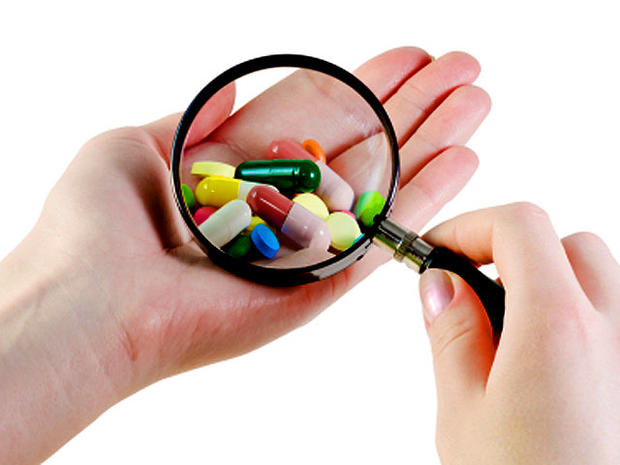Generic drug ruling may affect millions: What did Supreme Court say?
(CBS/AP) People harmed by generic drugs may find it harder to get restitution, thanks to a new ruling by the Supreme Court.
The court ruled on Thursday that generic drug makers cannot be sued for failing to warn consumers of their products' side effects if they copy the exact warnings on the drugs' brand-name equivalents.
In a 5-4 decision, the court ruled that the federal law requiring generics to have the same warnings as their brand-name equivalents trumps state laws that allow people to sue drug companies that fail to provide proper warnings for their products.
"As a result of today's decision, whether a consumer harmed by inadequate warnings can obtain relief turns solely on the happenstance of whether her pharmacist filled her prescription with a brand-name or generic drug," Justice Sonia Sotomayor said in a dissent. "The court gets one thing right: This outcome makes little sense."
Justice Clarence Thomas, writing for the majority, said it was impossible for generic drug makers to comply both with federal laws requiring them to have the same label as the brand-name drugs and state laws that require them to add additional warnings. So the federal law prevails.
Thomas acknowledged the "unfortunate hand" dealt to people who are harmed by inadequate labels on generic drugs. They would be able to sue the companies who make brand name drugs for the same offense but are barred from suing the generic manufacturers.
This decision could affect millions of Americans, given that generics make up 75 percent of the prescription drugs dispensed in the U.S., justices said.
